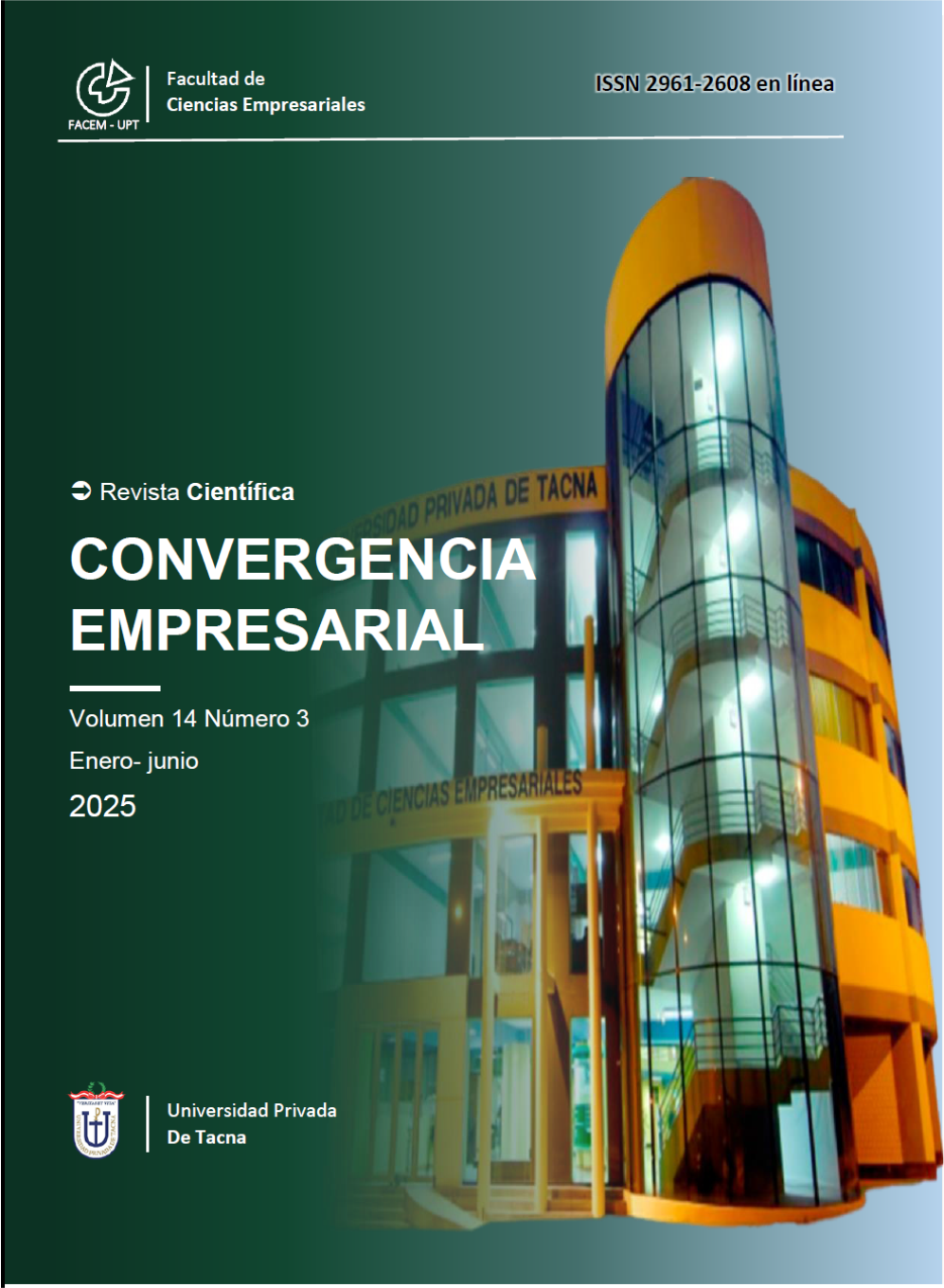Socio-emotional Skills and Collaborative Intelligence of University Students
DOI:
https://doi.org/10.47796/ce.v14i01.1265Keywords:
Socioemotional skills, self-awareness, self-regulation, social skills, collaborative intelligence, cognitive factor, communicative factor, organizational factorAbstract
The present article aimed to determine the relationship between Socio-emotional Skills and Collaborative Intelligence in university students. Understanding this relationship is essential for the integral development of students. These competencies allow them to manage emotions, communicate effectively, work as a team, and adapt to changing environments, which favors performance, coexistence, and emotional well-being. In addition, they are highly valued in the workplace, as they strengthen the capacity for collaboration, leadership, and problem-solving. This is a non-experimental, causalexplanatory, cross-sectional research with a quantitative approach. The study was conducted on a non-random sample of 140 students from the Faculty of Business Sciences at the Private University of Tacna. A questionnaire with a Likert-type measurement scale was administered. The instrument was validated using Crombach's Alpha method, with the following values: (0.808) for Socio-emotional Skills and (0.923) for Collaborative Intelligence. The results indicate a strong relationship (C=0.908) between Socioemotional Skills and Collaborative Intelligence. It is concluded that statistical evidence confirms that Socioemotional Skills and Collaborative Intelligence are significantly related.
Downloads
Downloads
Published
Issue
Section
License
Copyright (c) 2025 Sugey Milagros Calderón Carazas, Héctor Gonzáles Gonzáles Ccopacati, Doris Imelda León Vallejo

This work is licensed under a Creative Commons Attribution 4.0 International License.


